Below is a viewpoint from Chapter 1 of the Foresight Africa 2019 report, which explores six overarching themes on the triumphs of the past years as well as strategies to tackle the remaining obstacles for Africa. Read the full chapter on bolstering good governance.
That corruption and poor governance are key factors holding back Africa’s development are notions deeply embedded in the literature and thought on Africa’s socioeconomic development. What is not so common is discourse and success stories about how to systematically fight this corruption. Though this may sound discouraging, I can tell you, from my experience, that it is indeed possible to fight corruption successfully with the right knowledge, patience, and commitment to transparency.
To fight corruption, we must first understand it. Underlying the various forms of corruption—grand, political, and administrative, which include public resource transfers to private entities, allocation of public resources to political allies, and misuse of public funds—are three important factors. The first is a lack of transparency of critical financial and other information central to economic development, in particular revenues and budgets. Second is the weakness or total absence of institutions, systems, and processes that block leakages. Third is the pervasiveness of impunity—limited political will to hold accountable and punish those found guilty of such corruption.
Between the three, the tougher problem is how to build strong and enduring institutions. Building institutions takes time and does not deliver the quick results that typically attract politicians or donors. But it is essential if Africa is to fight corruption systematically and ensure long-term stability. We are fortunate to now have technology that enables us to build electronic platforms to manage government finances, biometric systems to bring integrity to our personnel and government payment systems, and web-based platforms to provide transparency of government finances. We need to go even further to see how we can deploy blockchain and other emerging technologies to underpin our contract negotiations and procurement systems, a huge source of corruption and leakage in many countries.
Africa needs to focus its anti-corruption fight on long-term, high-return institution building activities, coupled with the justice infrastructure and political will to hold those who transgress accountable.
We should combine these efforts with building strong and independent audit and justice systems, including a well-resourced judiciary and an oversight office to field complaints. We also need to create an environment that enables strong and accountable civil society organizations that provide oversight of government. Such strong and independent institutions have a salutary effect on political will as they exert the necessary pressure on politicians, even at the highest levels, to act. Such initiatives take patience and determination though, since building these institutions, systems, and processes may take a decade or more.
My experience in Nigeria showed that a decade spanning three administrations was necessary to build well-functioning technology platforms for managing the country’s finances. The savings in terms of blocked leakages, amounting to over a billion dollars, made it worthwhile.
We found that supporting institution building with openness and transparency of revenue and budgetary data provides a win that can be implemented quickly. The increasing accessibility of the inter net via mobile phones and various analytic apps makes it easier now more than ever to share with citizens information on revenues and expenditures. Publishing monthly data in national newspapers on local, state, and federal government revenues was unprecedented in Nigeria when we started in 2004, but it helped us gain public support for our initiatives going forward. It laid the basis for much more sophisticated analytics on the budget shared widely via the internet today.
Africa needs to focus its anti-corruption fight on long-term, high-return institution building activities, coupled with the justice infrastructure and political will to hold those who transgress accountable. This process should start by making key government statistics open and transparent, enabling citizens to keep on top of important information and build trust in their governments. Only with these pragmatic approaches can the continent record wins against corruption.
The Brookings Institution is committed to quality, independence, and impact.
We are supported by a diverse array of funders. In line with our values and policies, each Brookings publication represents the sole views of its author(s).

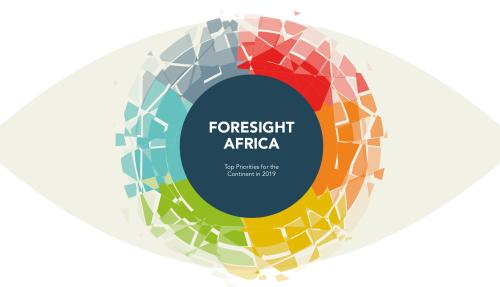
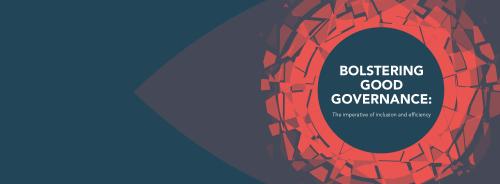
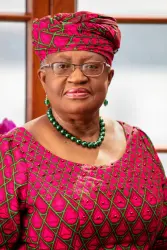

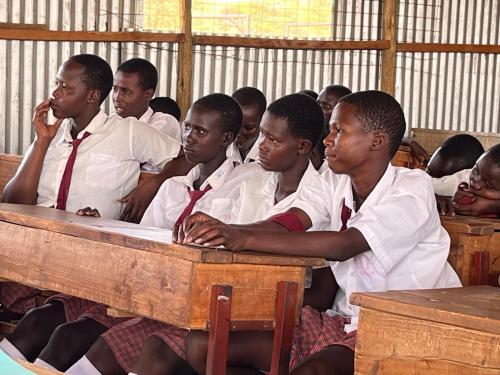
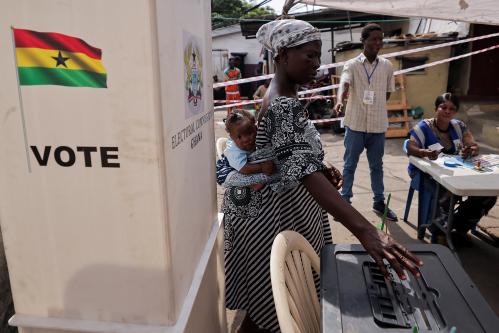
Commentary
Strategies for winning the fight against corruption
January 15, 2019